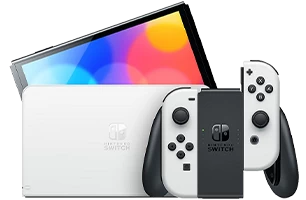كيف تؤثر الأحداث العالمية على تجارة الهواتف الذكية بالجملة: التكيف مع التغيير
موزع نينتندو سويتش، موزع معتمد لشركة Xiaomi، موزع حصري لوحدات التحكم بالألعاب
1. Economic Shifts and Consumer Spending
Economic downturns or shifts in consumer spending habits can impact the demand for smartphones. Wholesalers should monitor economic indicators and adjust their product offerings accordingly. Offering budget-friendly models during tough economic times can help attract more customers and maintain sales volume.
2. Trade and Tariff Issues
Global trade tensions and tariffs can lead to price hikes on smartphones, especially if key components are sourced from other countries. Wholesalers need to keep a close eye on global trade policies and adapt by diversifying suppliers or exploring alternative sourcing options to minimize the impact of price increases.

3. Adapting to Supply Chain Shifts
Global disruptions, like the COVID-19 pandemic, have shown how vulnerable supply chains can be. Wholesalers must plan for such events by building flexible supply chains and working with a network of trusted suppliers to ensure a steady supply of smartphones during uncertain times.
4. Consumer Behavior Shifts
Global events can cause shifts in consumer behavior, such as increased demand for certain smartphone features (e.g., remote work capabilities, security features, or health monitoring tools). Wholesalers should be proactive in identifying these changes and adapting their inventory to align with consumer needs.












